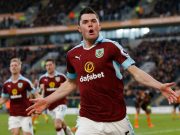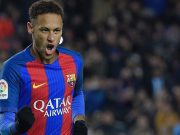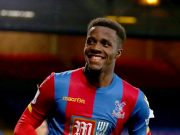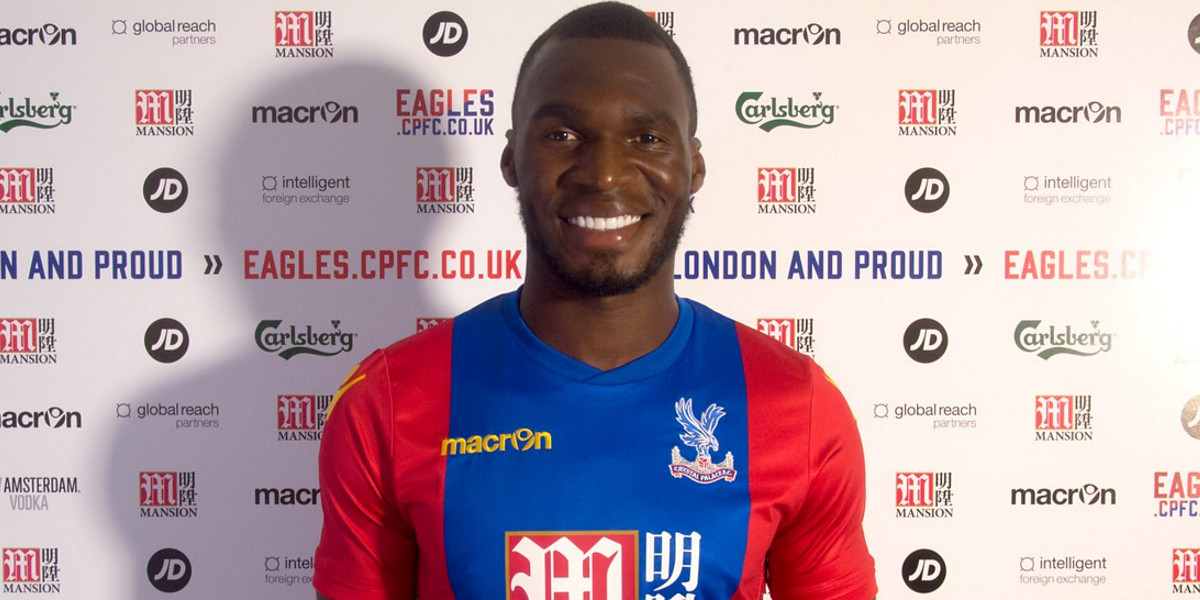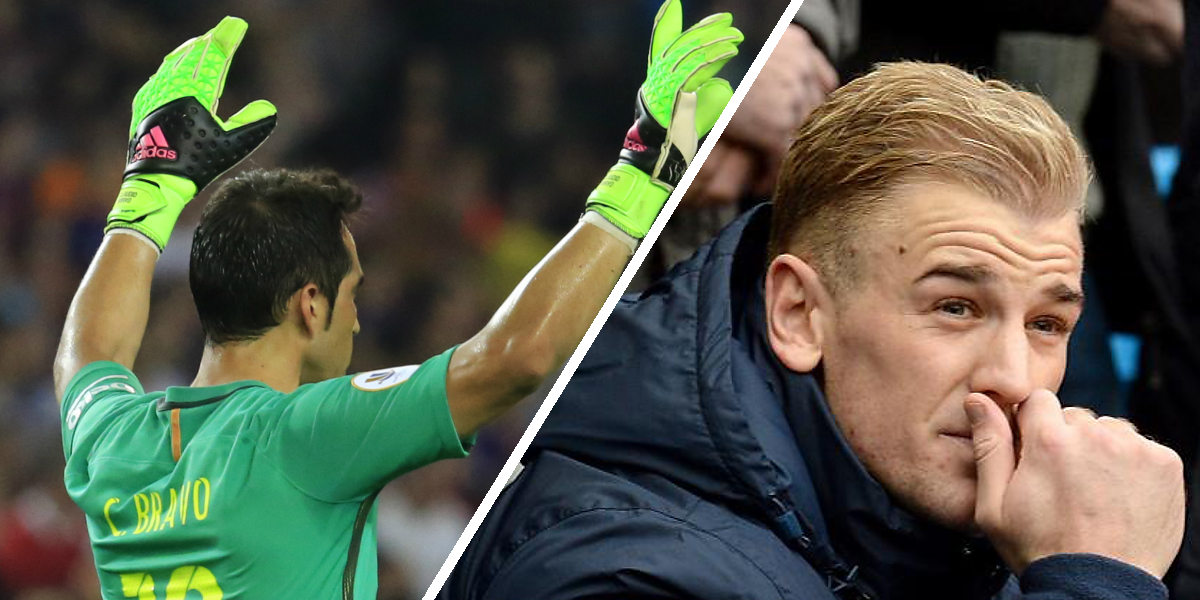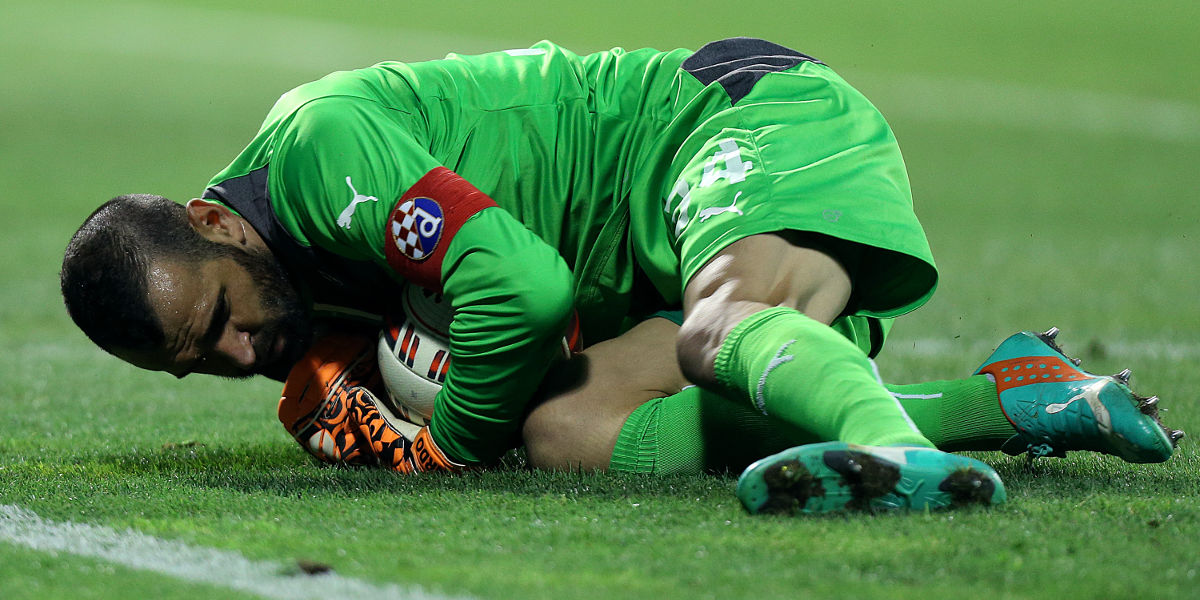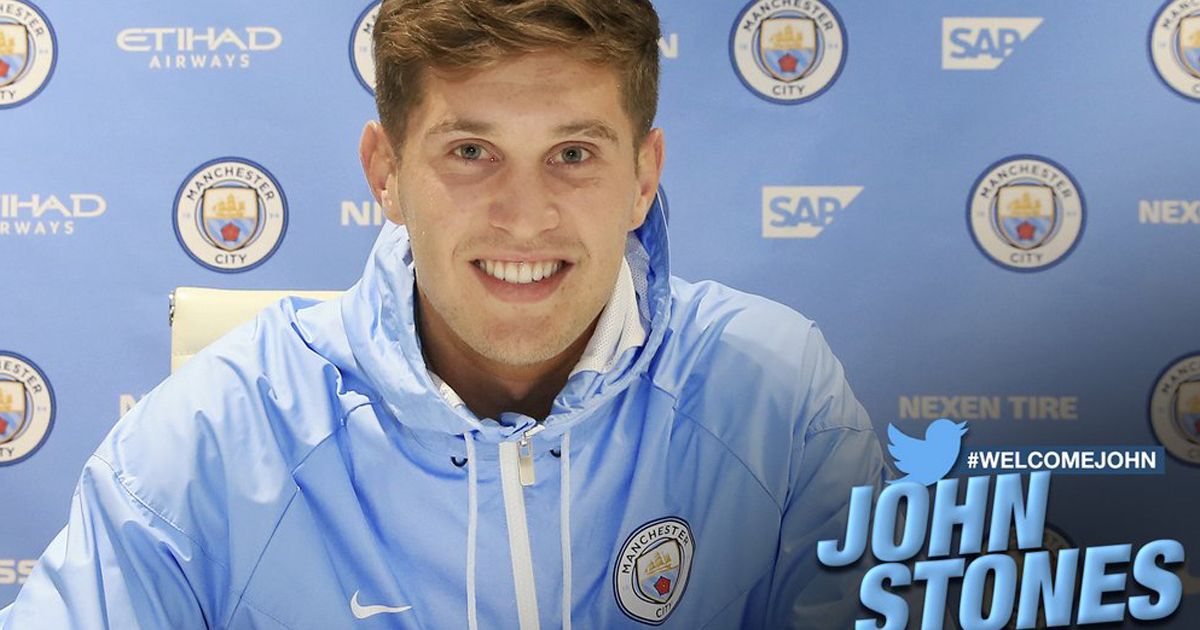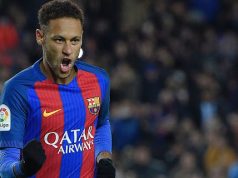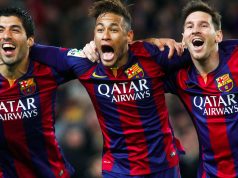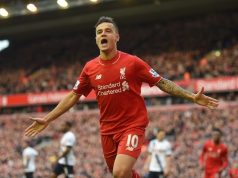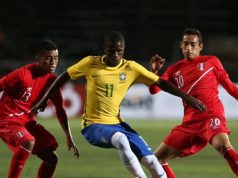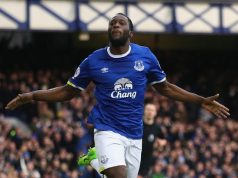By Ben Hayward
If there is one thing Barcelona fans enjoy more than beating Real Madrid, it is defeating Jose Mourinho. And if there is one thing those same supporters like less than being beaten by the capital club, it is losing to the Madrid team coached by the Portuguese. Tuesday night’s loss, then, was particularly painful.
Following their latest disappointment, Barca have gone from being the world’s best to a team in turmoil – seemingly in the space of just a few weeks. Last Wednesday’s damaging defeat at AC Milan set the alarm bells ringing for the Catalan club. By Tuesday night, the fires were blazing. “There is no point in dramatising,” stand-in coach Jordi Roura remarked after losing to Madrid. Few fans will share that sentiment.
So where has it all gone wrong for Barcelona?
Milan and Madrid used similar tactics to frustrate the Catalans, breaking Barca by soaking up pressure and hitting the Blaugrana with quick counterattacks. Have Barca been found out? Not exactly, because most sides opt for such strategies against them, yet Milan and Madrid are better than the majority of those and the Catalans have looked less adept at both scoring and saving goals in recent times. Previously, however, such obstacles were often overcome with relative ease.
February is invariably a tough month for Barca and Roura admitted as much afterwards, although he also alluded to three tough fixtures in six days. True enough, and the reality is that the Catalans’ conditioning and training programmes plan for them to peak in the later months of the season after a dip in winter. By that time, however, there may be nothing left to play for.
More worrying than fitness for Barcelona right now is form – particularly in defence. Having conceded goals in their last 11 games before the Clasico, the Catalans shipped three on Tuesday and, worse still, captain Carles Puyol looks to be losing his powers. Wholehearted, but pulled out of position against Milan, the veteran defender was turned too easily by Angel Di Maria for Madrid’s second on Tuesday and looks to be approaching the end of a wonderful career, despite recently signing a new deal which will keep him at Camp Nou until the age of 38.
It had been hoped that Barca’s defence would improve after early-season injuries to both Puyol and Gerard Pique, yet the back four is still struggling and this is partly due to the team’s two attacking full-backs. Previously, Dani Alves’ attacking was counter-balanced by Eric Abidal staying back on the left and Sergio Busquets dropping deep into defence, but with Jordi Alba starting on the left this term, both men seem to spend more time in advanced positions and that leaves the defence vulnerable to quick counterattacking football – as Madrid showed on Tuesday.
Tactically, Roura has been unable to organise the defence and the team looked fragile on the right side of the back four on Tuesday, as Alves and Pique were caught out of position and Puyol was dragged across. Pique also gave away the penalty which handed the initiative to Madrid and failed to jump high enough to stop Raphael Varane from making it three in the second half.
Meanwhile, with Pep Guardiola gone and Tito Vilanova recovering from cancer in New York, Barca have been stripped of the two men who led this project from the outset in 2008 and Roura is looking less like a man who can lead this team to further triumphs.
Indeed, many Barcelona fans feared the worst when they saw the team for Tuesday’s match. Ever since the Milan game, it had seemed as if David Villa would at last get his chance. The Spain striker played and scored on Saturday, has been praised all week by the Catalan press and was even lauded by Messi. Yet come Tuesday night, his name was not on the teamsheet. It should have been.
By the time Villa was introduced, Barca were already two goals down. It was too late. With Messi disappointing for the second big match in a row and isolated both times, the striker would have given Barca something different, an added threat. Having remained at the club in January amid speculation he could leave, he will wonder what exactly he needs to do in order to start at the moment.
With Villa on the bench, Cesc Fabregas began alongside Xavi in midfield and Andres Iniesta started on the left of the side’s three-man forward line. But Cesc was anonymous again, Xavi struggled and Iniesta is never quite the same player when he is fielded further forward.
Whatever happens now in the remainder of 2012-13, the Catalans’ commanding lead in La Liga means they will likely have a trophy to celebrate come the summer, yet the Primera Division has seemed a foregone conclusion for some time and will feel something of a hollow triumph if they cannot turn around their first-leg deficit in the Champions League against Milan.
The Copa del Rey is gone now, while the club’s European hopes hang in the balance. Play like they did on Tuesday and Barca will not make it beyond the last 16. In order to beat Milan, defensive adjustments must be made, while Villa needs to come into the side with Iniesta returning to his rightful role alongside Xavi. Against the bigger teams, Barcelona appear to have forgotten how to do what they normally do with their eyes closed. They need some of the magic back quickly, because if not, what promised to be an all-conquering campaign will merely finish in farce.


